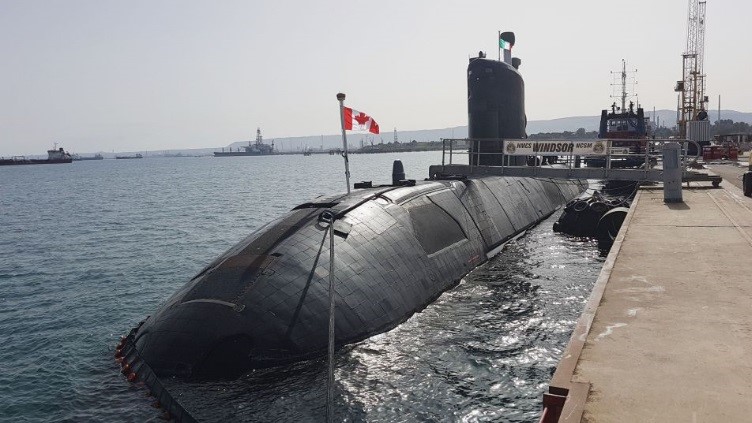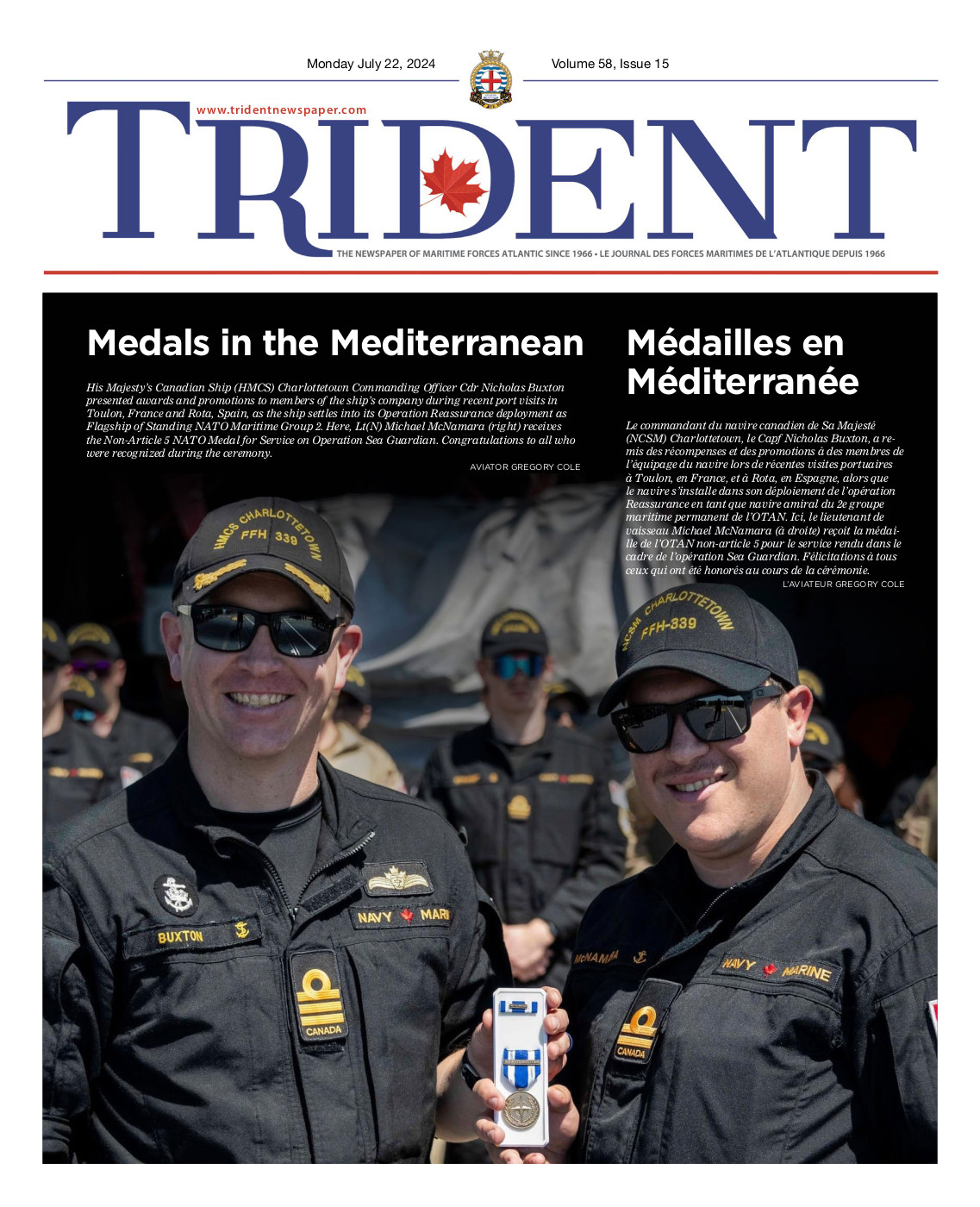
SUBMITTED
FMF Cape Scott D195 battery charger success
By FMFCS Workforce
It is critical to charge the submarine batteries at proper intervals to preserve the health of the battery and its longevity. With a doorway measuring 1780mm (70”) tall and room for two people to stand inside, the battery chargers at Fleet Maintenance Facility Cape Scott (FMFCS) are not your typical battery charger. Operating up to 750V FMCS has two chargers capable of generating 1650A and 2550A respectively for use in charging these batteries.
The 2550A charger in D165 had failed some time ago and is currently unserviceable. Early in November, HMCS Windsor began experiencing issues in utilizing the 1650A D195 battery charger and the way ahead was unclear. Unfortunately, the OEM for the charger had gone out of business and there was no contractor support available to troubleshoot the system. A meeting was held with stakeholders and it was determined that FMFCS would take lead to address issues with the charger.
With no obvious moving parts the charger was viewed as a large piece of electrical infrastructure requiring no maintenance until it failed. The team quickly identified several possible problem areas. The build-up of dust and grime on the interior of the unit created the potential for multiple lowered resistance paths to ground that interfered with the sensitive electronics on board the submarine when a charge was conducted.
Despite the saying that water and electricity do not mix, the charger uses a liquid filled coolant system where water is in direct contact with energized electrical components. In this case the water is pure de-ionized water that does not conduct like typical tap water. Flushing the system and refilling with de-ionized water brought the system back into tolerance. After investing several hundred hours of labour, general cleaning, coolant flush and repairs, the charger was subject to a full load test using a test load bank before being re-certified for use.
FMFCS was successful in providing a fully functional battery charger and the Windsor D4 was completed successfully. It has been very encouraging and a positive experience internally here at FMF, demonstrating the impressive capabilities and range of expertise that this unit possesses. Personnel were engaged from various levels across the yard with many levels of involvement including PM2 staff, FTA, Plant Maintenance, Battery Shop, Industrial Engineering, Electrical Engineering, Mechanical Engineering, Pipe Shop, Antenna Shop, Shipwrights, and others. There was an impressive willingness from each group to offer whatever support was required of them and as quickly as possible.
We would like to say thank you to a few specific people who have shown their high level of dedication and involvement in moving this forward.
Plant Maintenance – Jason Parker, Neil McDonald and the excellent support from their supervisors Trevor Maclean and Adrian Jones;
Industrial Engineering – Greg Waddell;
Battery Shop – Eldon Caldwell, Ryan Pettipas, Melanie Donovan, Claire Metcalfe, Stan Au and their supervisor Wanda Boudreau;
RP Ops High Voltage line crew; and Capt Emond-Bernatchez!
This was truly a team effort – everyone’s contributions were simply outstanding. While this project does not fall entirely within our core mandate, it is a great example of the strategic capability this unit possesses and why it is important to maintain.





